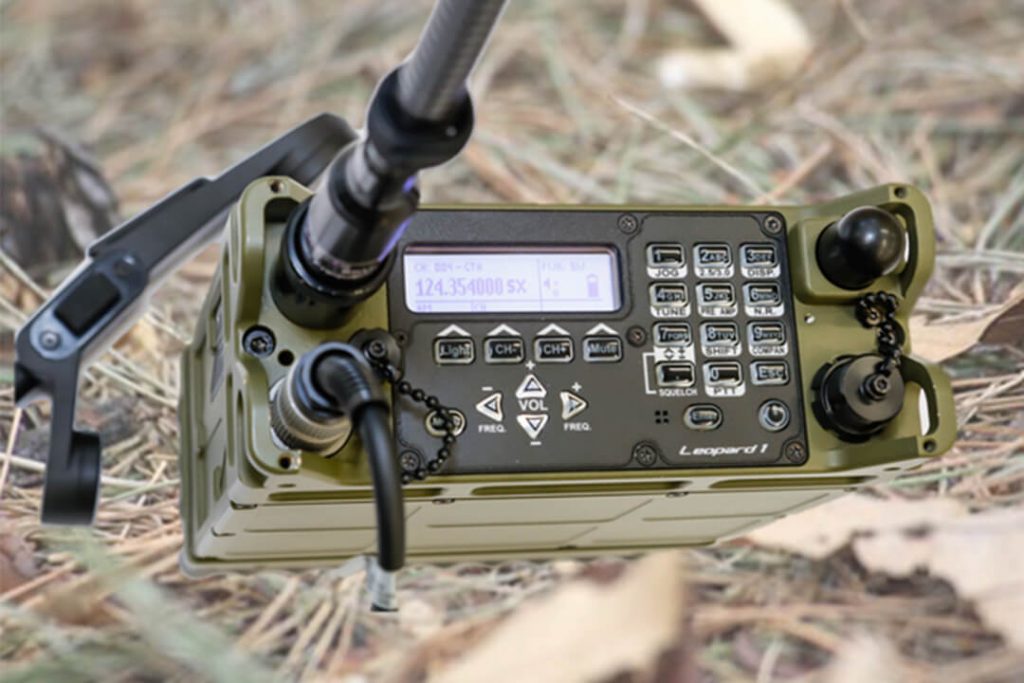Unveiling the Power of Radio: Exploring the Advantages Beyond the Airwaves

In today's digital age, where streaming services and podcasts dominate the airwaves, radio may seem like a relic of the past. However, beneath its seemingly outdated facade lies a powerful medium that continues to thrive and offer unique advantages. In this blog post, we will delve into the advantages of radio, exploring its impact on communication, advertising, and entertainment.
- Wide Reach and Accessibility:
One of the key advantages of radio is its wide reach and accessibility. Unlike other forms of media that require an internet connection or specific devices, radio can be accessed by anyone with a simple radio receiver. This makes it an ideal medium for reaching diverse audiences, including those in remote areas or with limited internet access. Furthermore, radio broadcasts can penetrate areas where other forms of communication may be challenging, such as during natural disasters or in rural communities. - Localized and Personalized Content:
Radio stations have the unique ability to cater to local communities and provide personalized content. Unlike national or global media platforms, radio stations can focus on local news, events, and issues that directly impact their listeners. This localized approach fosters a sense of community and connection, making radio a trusted source of information and entertainment. Additionally, radio hosts and DJs often develop personal relationships with their audience, creating a more intimate and engaging listening experience. - Cost-Effective Advertising:
Radio advertising offers a cost-effective solution for businesses of all sizes. Compared to television or print advertising, radio commercials are relatively affordable, allowing businesses with limited budgets to reach a wide audience. Additionally, radio ads can be targeted to specific demographics and time slots, ensuring that the message reaches the intended audience. The power of radio lies in its ability to create a strong audio presence, capturing listeners' attention and driving brand recognition. - Imagination and Engagement:
Unlike visual media, radio relies solely on audio, stimulating listeners' imagination and engagement. Through carefully crafted storytelling, sound effects, and music, radio creates a unique sensory experience that allows listeners to actively participate in the content. This engagement fosters a deeper connection with the material, making radio an effective medium for conveying emotions, ideas, and narratives. - Flexibility and Adaptability:
Radio's adaptability is another advantage that sets it apart from other media forms. With the rise of digital platforms, radio has seamlessly integrated into online streaming services and podcasts, expanding its reach and accessibility. This flexibility allows listeners to tune in to their favorite radio shows anytime, anywhere, using various devices. Furthermore, radio stations have embraced social media and interactive platforms, enabling real-time engagement and feedback from their audience.
Conclusion:
While radio may have faced challenges in the digital era, its advantages continue to make it a relevant and powerful medium. From its wide reach and accessibility to its localized content and cost-effective advertising, radio offers unique benefits that cannot be replicated by other forms of media. Its ability to engage listeners' imagination and adapt to changing technologies ensures its longevity in the ever-evolving media landscape. So, tune in and experience the magic of radio beyond the airwaves.
